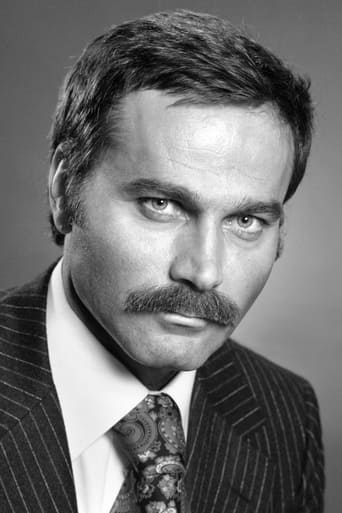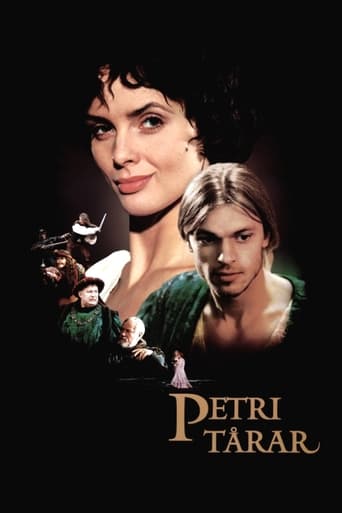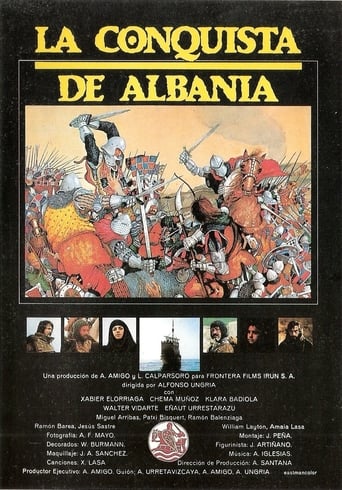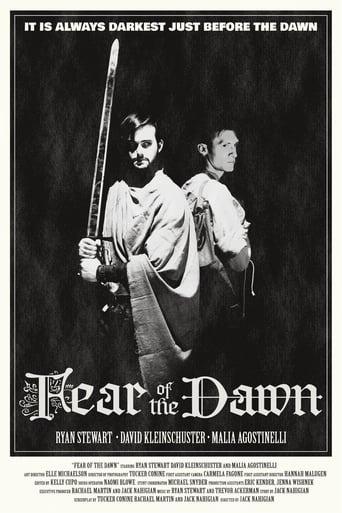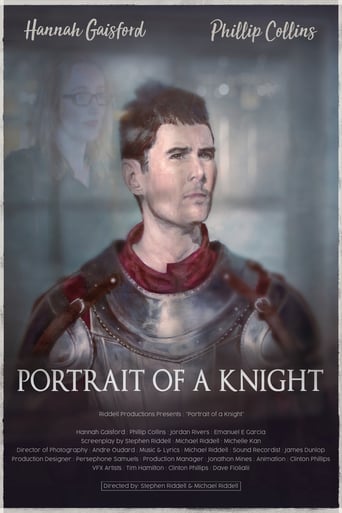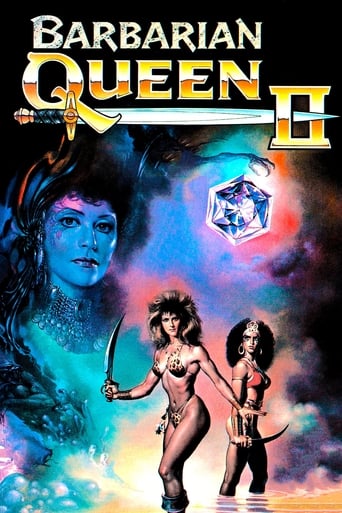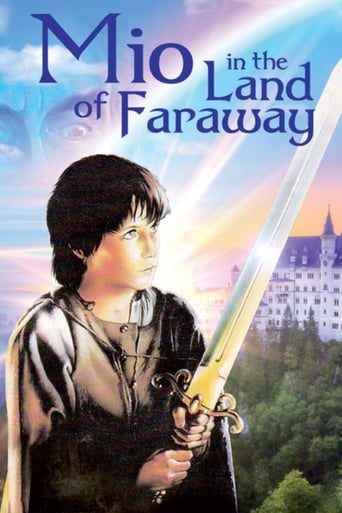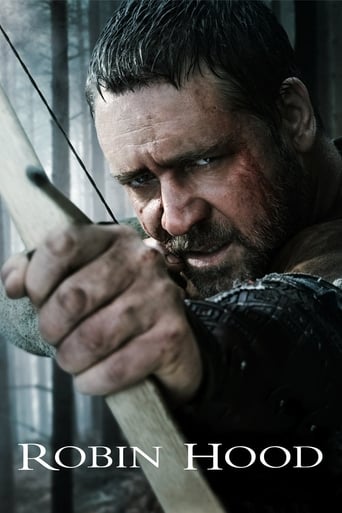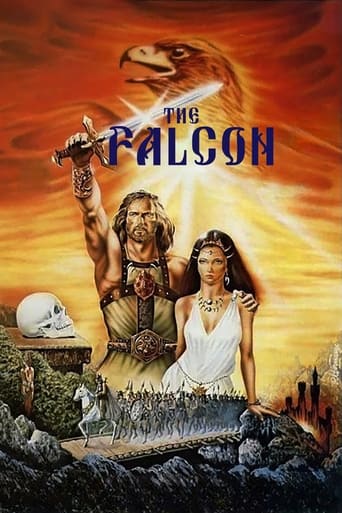
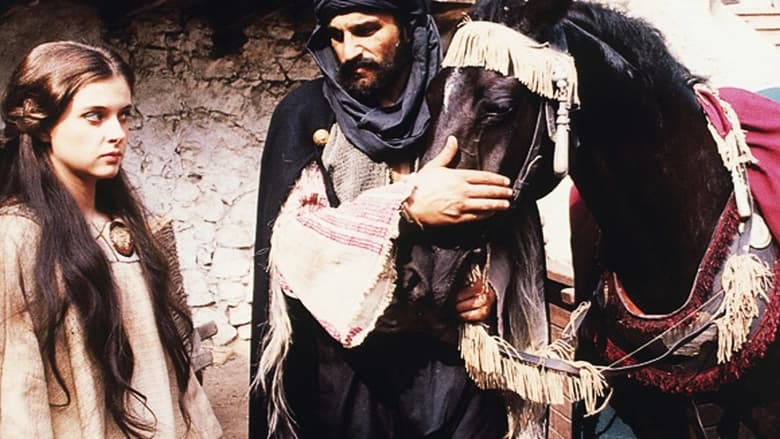
The Falcon (1983)
Banović Strahinja takes place during the middle ages in Serbia. While estate owner Strahinja is hunting, a Turkish bandit, Alija, attacks his castle. The Turks kill his servants and kidnap his beloved Andja. When he discovers what has happened, Strahinja gathers a together a group of scoundrels and chases the bandits.
Watch Trailer
Cast
Similar titles

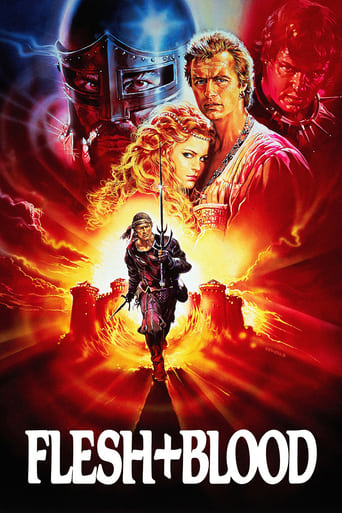
Reviews
Instead, you get a movie that's enjoyable enough, but leaves you feeling like it could have been much, much more.
The film makes a home in your brain and the only cure is to see it again.
A lot of perfectly good film show their cards early, establish a unique premise and let the audience explore a topic at a leisurely pace, without much in terms of surprise. this film is not one of those films.
This is a gorgeous movie made by a gorgeous spirit.
By my opinion best Serbian movie ever, although it was directed by Croat. You will hardly find movie with such powerful message of love, repent & forgiveness, that so authentically exploit famous Biblical story of women accused for adultery, whom Jesus forgive, like this movie is. For me it is most Christian, most spiritual & most moving movie from Balkans in 100 years of film production here (this year marks that beginnings). Strahinjas short, laconic & proverbial sayings, match some Biblical prophet, his courage some Achean warlord & his humble & just life some version of Robin Hood.Knight & hero in its full meaning. Banovic Strahinja (pron. Banouwitch Straheenya), is minor Lord from small castle of Banjska (modern south Serbia and north Kosovo). After Turkish pillage, he decide to find & save his wife, although even his wife family considers that effort unworthy, and his wife despicable (it was believed that if she was honest she would commit suicide which actually happened many times during Turkish invasion in all Balkans).But as hero says to her father:"If you want from me to bury my wife alive, I cant do that". Without help, without all odds, he goes alone on enemy. Now there is a good lesson from (women) psychology, when she succumbs to Turk, and begin to show affection on him. Her love for Strahinja doesn't failed, but instead one parallel love emerges. After final "clash of the titans", she accept cruel punishment (blinding, still less cruel than stoning in Islam), and prays God to give her strenght to endure that punishment. For this she is probably central and most positive figure in this movie, unobscured by Banovic greatness. Yet, in the end, seeing her honest regret,Banovich forgives her and accept her again as wife. In climatic moment,when bishop says to him:If You are not afraid of men, at least be afraid of God", Ban answers: Of what I should be afraid, when I have already endure all hell, and now, after all, her sin is more dear to me than your holiness. Old Serbian epic poem about this story end with words:There is so few heroes, like Banovic Strahinja was. P.S. Movie ends with epilogue: During centuries in harsh slavery, people didn't forget Strahinjas "chojstvo". It should be noted that in Serbian language is unique word, which cannot be translated: "chojstvo", meaning defending others from themselves and that is considered even more noble than "junastvo" aka heroism (defending yourself from others). P.S.S. Russians correctly understand message of this movie and thus translate his title as: law of love.
The one for connoisseurs.The film is based on an old Serbian epic song. It is one of not too many Yugoslav films with medieval 14 century theme, so only for that, for me, it would be worth a look.Dragan Nikolic is brilliant as Vlah Alija, with no other than Franco Nero as Banovic Strahinja. Rade Serbedzija is exceptional as a crazy dervish and the scene where he is impaled by the Turks is more than powerful.A minor curiosity in this day and age is that the film with such a typical Serbian folk story was directed by a Croat.
